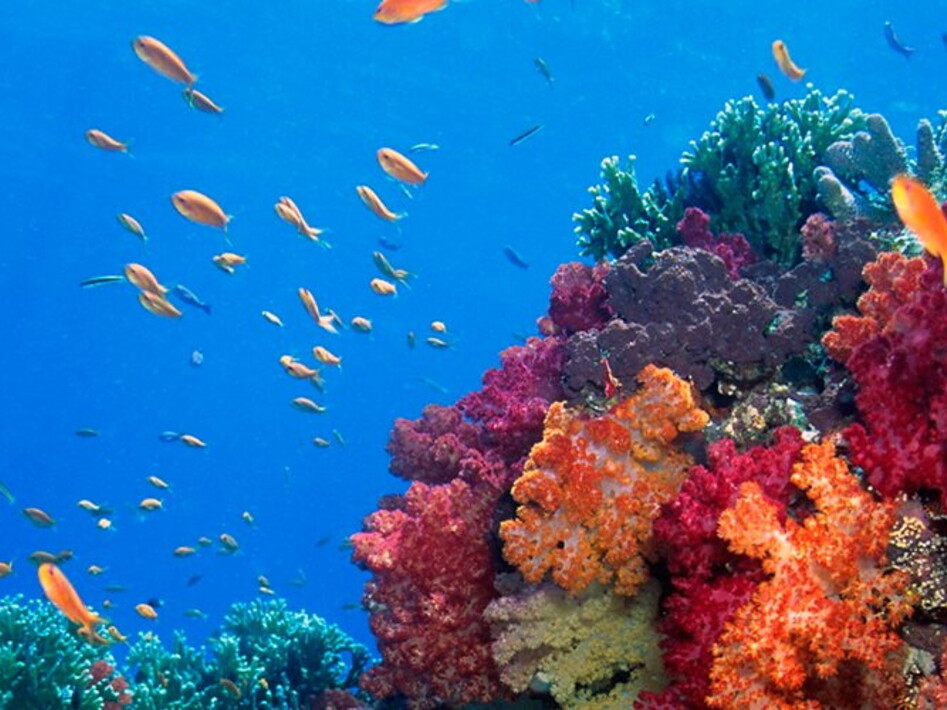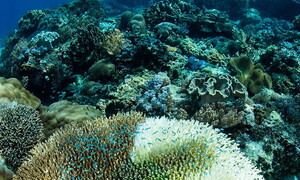Five years after Cyclone Winston, Fiji’s corals are reviving
09 March 2021

In February 2016, Tropical Cyclone Winston, the strongest cyclone ever to hit the southern hemisphere, struck the Republic of Fiji, Oceania, causing severe damage to homes and local residents. In addition to the villages, the ‘cities of the sea’, i.e. the coral reefs, were also wiped out.
Five years later, a recent diving expedition, led by the Wildlife conservation society (WCS), found that the corals have recovered, much to the surprise of scientists. The waters of the Fijian archipelago are home to the Namena reserve and the Vatu-i-ra park, two marine protected areas covering a total of 200 square kilometres, which have been given a new lease of life thanks to the cooperation of the local people. According to the researchers, such a rapid recovery indicates that these coral reefs have a good natural adaptability and are well maintained: healthy corals in fact recover much faster. What is surprising is not only the abundance of young coral colonies, but also the abundance of tropical fish that have returned ‘home’ and started to populate even coral reefs that have not yet fully regained their original characteristics.
This makes us realise how important it is to preserve the health of corals, so that they can withstand rising temperatures, the build-up of carbon dioxide in the ocean and increasingly frequent and destructive extreme weather events. In addition, coral reefs need to be ‘well maintained’. The Fijian government has achieved this by working with the indigenous iTaukei people, who have developed sustainable fishing strategies and other techniques to conserve local ecosystems.


